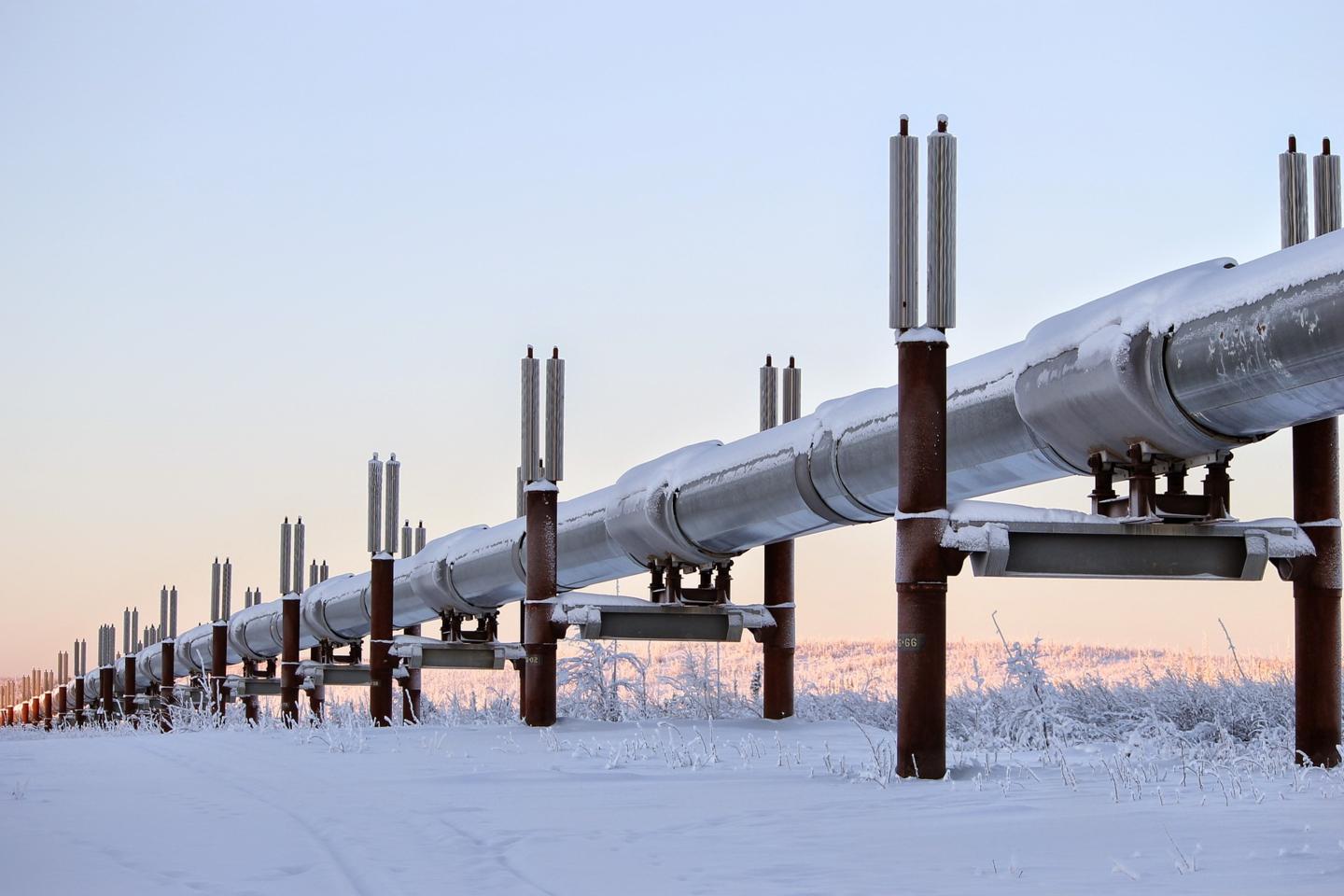The Trans Mountain Pipeline project, formerly spearheaded by Kinder Morgan, has been bought out by the Canadian government, in a sweeping decision made to expedite compromise between the governments of Alberta and British Columbia.
According to Finance Minister Bill Morneau, the acquisition cost the Canadian government around $4.5 billion.
Here are a few things to keep in mind: the pipeline is far from complete — in fact, the reason it was bought by the Canadian government was expressly to be able to finish its construction; the Canadian government, could, in theory, spend billions of dollars to negotiate and then build the pipeline, which will then be sold back to the private sector.
The cost of building the pipeline expansion, according to the CBC, has been estimated by Kinder Morgan to come out to $7.4 billion. So the estimated total cost of expenditures made by the federal government over this pipeline, barring any legal, PR, and oversight costs, tallies in at $11.9 billion, or $11 billion, nine hundred million. Say that number again.
Not only is this unprecedented in the sense that the federal government is stepping in to ensure that the financial stakes of a private-sector company project are guaranteed, but they’re doing so over the heads of two provincial governments. Like a parent taking a toy away from two bickering siblings, there is irony in the fact that Canada’s federal government is poised to become the kind of overbearing nanny-state that many right-wing politicians deride it for being.
Now, politically-speaking, this move is more telling about just what kind of government Trudeau’s Liberals are: hardly progressive, and neoliberal to the core. Forget that the so-called progressiveness of this government evaporates as soon as the cheque books are on the table, the more pressing problem is this: why are we still taking fossil fuels out of the ground?
Have we all forgotten just how dire our situation was last summer? In case the matter isn’t pressing enough, this year, as of July 8, 2018, there have been 3,333 recorded forest fires in Canada which have burned 421,222 hectares.
Canada has always prided itself on being a green country. Not green in the sense that it is reliant on renewable energy, but rather that its forests and parklands are so lush and vast. Guys, that’s quickly coming to an end. Sure, North America is one big forest. Sure, there are enough trees to go around right now, but they’re burning at an alarming rate every year; and on the flip side, our winters have been getting increasingly more dramatic. Not to be the climate-change version of Chicken Little, but the sky is literally falling around us. The scientific community long ago came to the consensus that the aggravated rate at which climate change is harming our planet (and, oftentimes, those most vulnerable populations among us are those that are harmed first and most) is due to the effect wreaked on the planet’s systems by greenhouse gases.
How many hectares of forestry burned will that oil be worth? How many prolonged, severe winters will that oil buy us?
Whether or not you agree with this specific purchase by Canada’s government, I think it’s high-time we stop laying new pipelines.
To the governments of Alberta and British Columbia, I would say, I don’t know dudes, spend all your money re-educating oil workers for professions which they can transition into. Put up wind farms. Subsidize renewable energy start-ups.
For now, at least, start training new firefighters.


